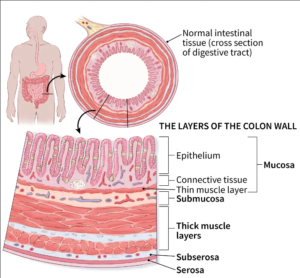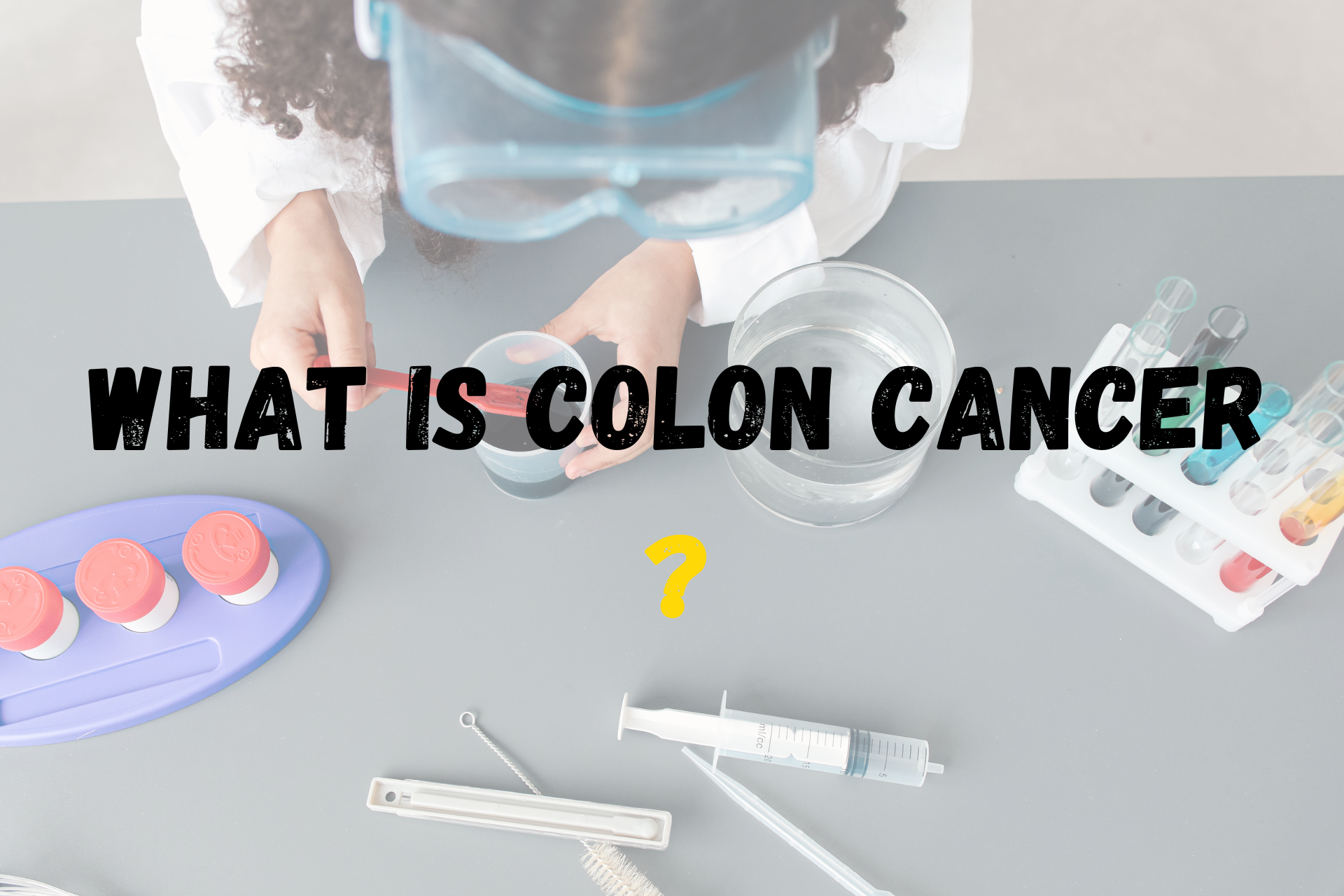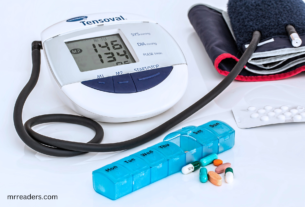Colon cancer is a growth of cells that begins in a part of the large intestine called the colon. Colorectal cancer starts in the colon or the rectum. Depending on where they originate, these tumors may also be referred to as rectal or colon cancer. Due to their many similarities, rectal and colon cancer are frequently combined into one group.
The first and longest segment of the big intestine is called the colon. The last segment of the digestive system is the large intestine. Food is broken down by the digestive system and used by the body.
Colon cancer can strike anyone at any age, but it usually strikes older persons. Usually, it starts as little cell clusters inside the colon called polyps. Although most polyps are benign, some may eventually develop into colon cancer.
Symptoms:
Colon cancer is the second most common cancer in women and the third most common cancer in men in the United States. While it is a dangerous circumstance, if detected early enough, treatment is frequently successful. The greatest method for early colon cancer detection is routine screening testing. At first, symptoms of colon cancer may not be visible. Changes in bowel habits, rectal bleeding, stomach pain, fatigue Losing weight without trying Weakness, or tiredness are examples of later symptoms.
How might colon cancer begin?
Polyps developing in the colon or rectum are frequently the first sign of colorectal cancer.
Adenomatous polyps have the potential to become malignant, yet the majority of polyps are benign.
The size and quantity of adenomatous polyps correlate with an increased risk of cancer.
Although the precise etiology is unknown, doctors believe it is related to DNA abnormalities in the colon or rectal tissues.

Risk Factors:
In general, there are two types of colorectal cancer risk factors: those that can be changed and those that cannot.
|
Non-modifiable risk factors you can not change. |
Modifiable risk factors you can influence through lifestyle choices |
| Age: The risk of colorectal cancer rises sharply with age. Most patients over 50 have a diagnosis.
Family history: A close relative (parent, sibling, kid) who has been diagnosed with colon cancer raises your risk. If you have a family history of certain genetic syndromes, including Lynch syndrome or familial adenomatous polyposis (FAP), or if several relatives have had the disease, your risk is significantly higher. Race: African Americans have a higher risk of colorectal cancer compared to other races in the United States. Ulcerative colitis or Crohn’s disease: The risk of colorectal cancer can be elevated by these long-term inflammatory bowel illnesses (IBD), particularly if the condition has been present for a long time. |
Obesity and overweight: Gaining excess weight or being obese raises your risk of colorectal cancer.
Physical inactivity: Studies show a correlation between regular exercise and a decreased risk of colorectal cancer. Diet: A diet heavy in red meat and processed foods and poor in fiber has been associated with a higher risk of colorectal cancer. Fiber shortens the time waste spends in contact with the colon lining by assisting in its faster passage through the digestive system. Uncertain reasons have led to a correlation between red and processed meat and a higher risk of colon cancer. Alcohol consumption: A high alcohol intake has been associated with a higher risk of colorectal cancer. And Many more |
Prevention
Lifestyle changes:
That’s a fantastic overview of the main lifestyle adjustments that lower the risk of colon cancer! Here are a few more things to think about:
Focus on high-fiber whole grains: Whole grains like brown rice, quinoa, and whole-wheat bread are great sources of fiber.
Processed and red meats: Lean protein sources including fish, chicken, and legumes are preferable to processed and red meats.
Stay hydrated: Maintaining a healthy digestive tract can be achieved by drinking lots of water throughout the day. By doing this, you can lessen the time waste items spend in your gut and avoid constipation. Drinking enough water can also aid in softening stool, which makes it easier to pass and eases the burden on your digestive system. Further research is needed, although some studies indicate that dehydration may potentially contribute to the development of colon cancer. Therefore, try to drink a lot of fluids throughout the day, and even more, if it’s hot outside or you perspire a lot when exercising.
See Also What is Metabolic syndrome?



